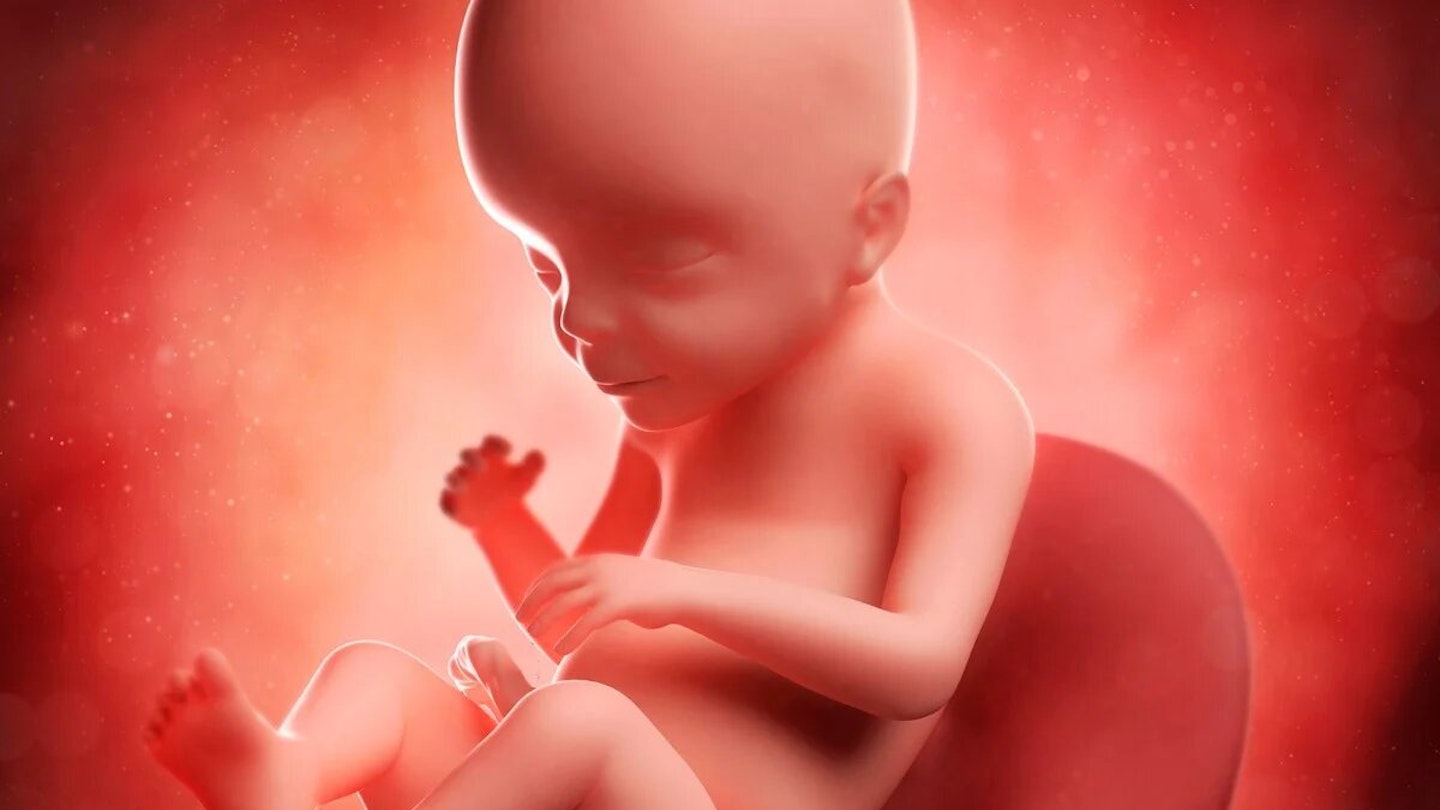At twenty-three weeks pregnant, your baby is starting to gain lots of weight, your body is changing rapidly and there are some exciting (and also, some less glamorous) developments taking place. Here are any symptoms you might expect and what else is happening to your baby and your body at 23 weeks.
How big is my baby at 23 weeks?
We can’t get enough of the fruit comparisons. This week, your baby is over 11 inches long and at just over a pound heavy, she’s about the size of a large grapefruit.

What’s my baby doing at 23 weeks?
A lot is happening with your baby this week. Her lung’s blood vessels are developing to prepare for breathing in the outside world, and she’s also becoming acclimatised to familiar noises, such as the roar of cars outside or the sound of your dog barking.
There are other developments, too: her bone marrow is starting to make blood cells, and you’ll now be able to hear her heartbeat through a stethoscope.
Your baby has also started developing a noticeable sleep-wake cycle, so there will be periods where she’s active and awake, and times when she’s asleep and resting. You’ll start noticing these different periods as her movements become clearer - you may even be able to wake her up by your movements or by sounds around you. Watch out and see if your bump moves if you have a warm bath or drink an icy glass of water.
6 common symptoms to look out for at 23 weeks pregnant:

1) Urinary Tract Infection /Cystitis
Watch out for infections. In pregnancy, your body produces high levels of the hormone progesterone, which relaxes muscles, helping the uterus to expand. It also relaxes other muscles, including the ureters (the tubes connecting the kidneys and bladder) and the sphincters that control the flow of urine into the bladder. This means urine can pass back towards the kidneys from the bladder, causing cystitis or a urinary tract infection. As a result of this, be aware of any symptoms including pain and burning when you wee, blood in your urine and needing to go to the toilet more often. See your GP if you’re worried, and make sure you drink plenty of fluids to help flush the infection out.
2) Braxton hicks
This appeared for the first time last week and it looks like it is here to stay. We know it might be weird feeling your belly tighten it up but it's just practising for the big day, labour. Drink water regularly and change position to ease the pain.
3) Bloating and gas
You know the drill! This is totally normal and ongoing symptom. If you’re constantly feeling full, blame your hormones. Progesterone causes the gastrointestinal tract to slow down digestion so that nutrients have more time to reach your baby. Unfortunately, this can be rather unpleasant for you! Drink plenty of water, eat lots of fibre and try to eat meals slowly.
4) Swollen feet and legs
Yup, that old enemy is sticking around. Thanks to poor circulation in your legs, you might find our ankles and feet more swollen than usual, especially on a hot day. Try to exercise gently and regularly to increase circulation, wear comfy shoes and drink plenty of water. If you notice any excessive swelling, contact your midwife or doctor as it could be preeclampsia.
5) Breathlessness
As your baby grows and your uterus expands, other organs will start to become squashed to make room for her. Your ribs will move upwards and outwards meaning there’s less room to take a deep breath, which is why you can feel breathless easily. Gentle exercise, particularly pregnancy yoga, is a good idea, not just to improve your fitness but also to teach you deep breathing techniques.
6) Linea negra
The line that runs between your belly button and pubic area, known as the linea nigra, may be getting darker, and this is thanks to the same pregnancy hormones causing other skin discolourations around your bod. All these changes will disappear within a few months of giving birth, so don't fret.
What is my body doing at 23 weeks?
As ever, expect some changes to your body this week, even ones you may not see. That good old baby brain - the forgetfulness many women experience during pregnancy - might be particularly prevalent this week, as a result of pregnancy hormones and tiredness. Don’t worry, though - your memory will be as good as new once you’ve given birth. If you’re keen to do something about it, try to consume lots of Omega 3-rich foods to support healthy brain function and development for both you and your baby - and write lots of notes, whether on your phone or in a book, to stop you forgetting important details!
Your week 23 FAQ's answered:
How big is my baby at week 23?
As we mentioned above, at 23 weeks pregnant your baby will be around 11 inches long, or the size of a large mango!
How big should my bump be at 23 weeks pregnant?
A typical bump at 23 weeks pregnant will measure anywhere between 21 and 25 centimetres from your pubic bone to the top of your uterus - of course, this varies depending on how big your baby is, and your pre-pregnancy body shape.
How many months is 23 weeks pregnant?
Learning how to count your pregnancy in weeks and months can be tricky, so don't worry if you haven't worked it out yet! By week 23, you're five months pregnant.
